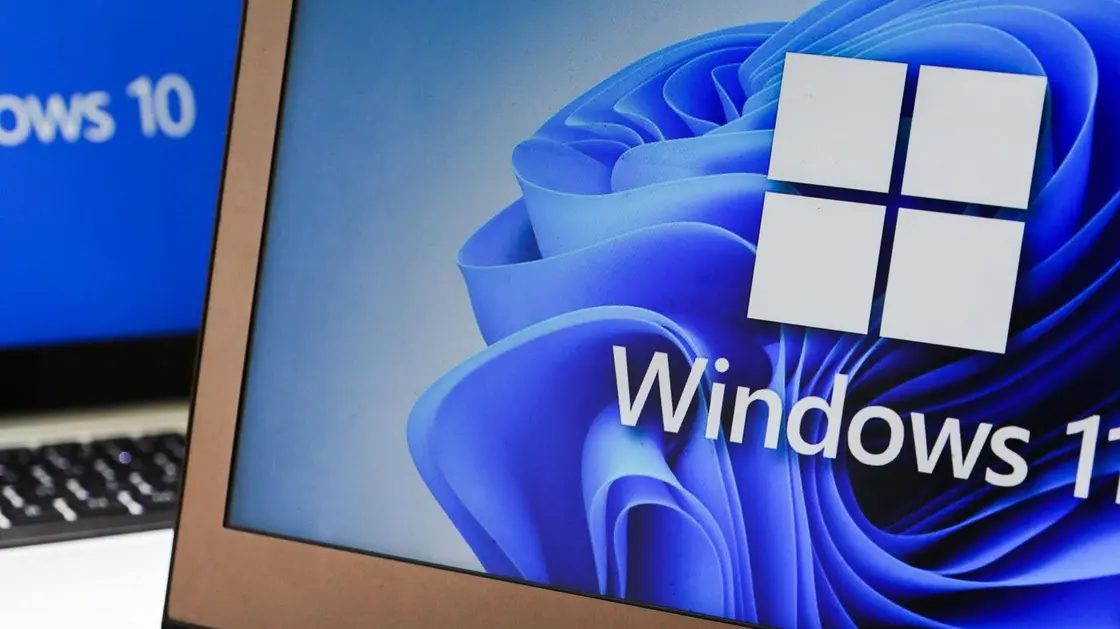T4K3.news
Windows 10 ESU enrollment opens
Microsoft adds a free Extended Security Updates option for Windows 10 that lasts through October 2026.
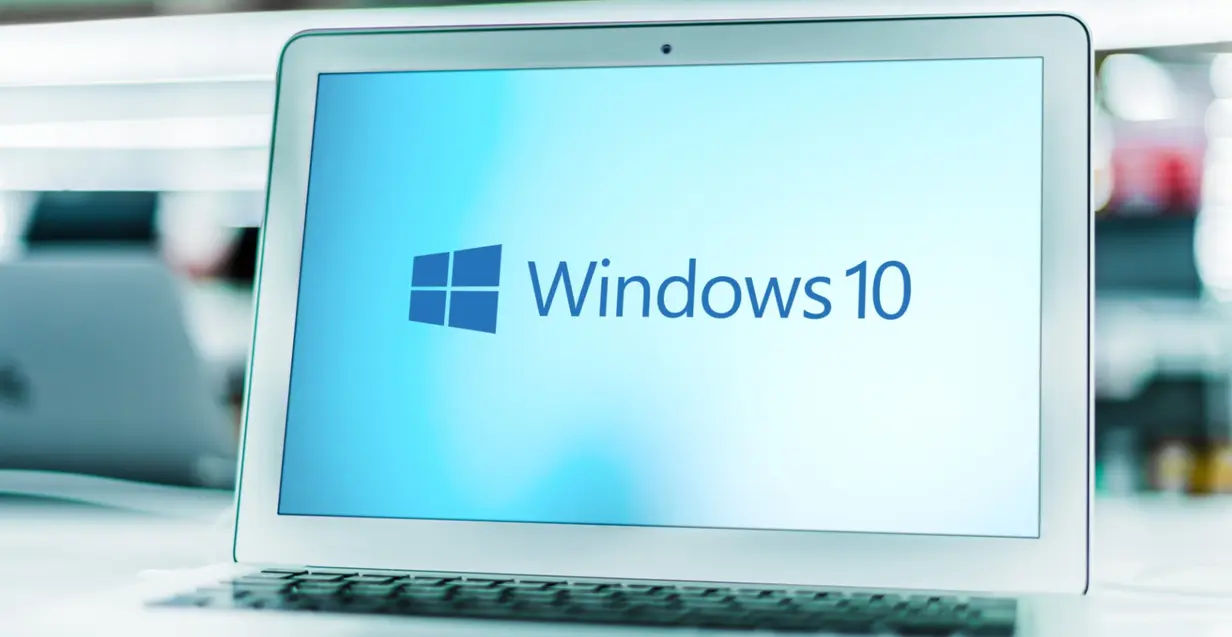
Microsoft offers a free Extended Security Updates option to extend Windows 10 security through October 2026 as support ends.
Microsoft extends Windows 10 security updates through 2026
Microsoft has released KB5063709, enabling enrollment in Extended Security Updates for Windows 10. Users can choose between two paid options: paying 30 dollars to cover up to 10 PCs on a Microsoft account, or spending 1,000 Microsoft Rewards points to enroll using a local account. Microsoft also advises backing up data and describes ESU as a bridge as users move to a new PC with Windows 11.
Microsoft says the ESU program is meant to keep devices protected during the transition. StatCounter data shows Windows 10 remains in use on about 43 percent of devices, while Windows 11 sits around 53 percent. Windows 11 23H2 security updates end on November 11, 2025, and consumer editions of Windows 11 get 24 months of support. Users who miss the upgrade window will need to move to Windows 11 version 24H2 or 25H2 when those updates release. The plan comes as many readers face hurdles upgrading, and as Microsoft emphasizes ESU as a temporary aid while the ecosystem shifts toward Windows 11.
Key Takeaways
"The Windows 10 Extended Security Updates (ESU) program is designed to keep your current Windows 10 PC protected after support ends, helping you stay secure during the transition."
Official description of ESU
"Upgrade friction is a real hurdle for many users"
Editorial assessment of upgrade challenges
"Back up your data before enrolling in ESU"
Practical guidance for users
"ESU buys time for a smoother move to Windows 11"
Assessment of ESU purpose
The ESU option reflects a careful balancing act by Microsoft between security and the friction of upgrading. It gives households and small firms breathing room, but the pricing and enrollment steps may feel opaque to some users. The approach can reduce risk in the short term without forcing immediate hardware changes, yet it also risks delaying broader adoption of Windows 11. In a market where almost half of devices still run Windows 10, the choice to extend support highlights how budget pressures and upgrade fatigue shape policy and user behavior.
Highlights
- ESU buys time, not a forever fix
- Back up first, then decide the upgrade path
- Security should be accessible, not priced
- This bridge to Windows 11 still requires a clear roadmap
Financial and adoption risks around Windows 10 ESU
The ESU program introduces costs for some users and may create confusion around enrollment. As support ends, readers could delay upgrading, risking security gaps. The policy underscores how budget constraints and transition needs influence user choices and vendor policy.
The path to a safer Windows future depends on clear guidance and practical steps for users.
Enjoyed this? Let your friends know!
Related News

Microsoft offers free Extended Security Updates for Windows 10
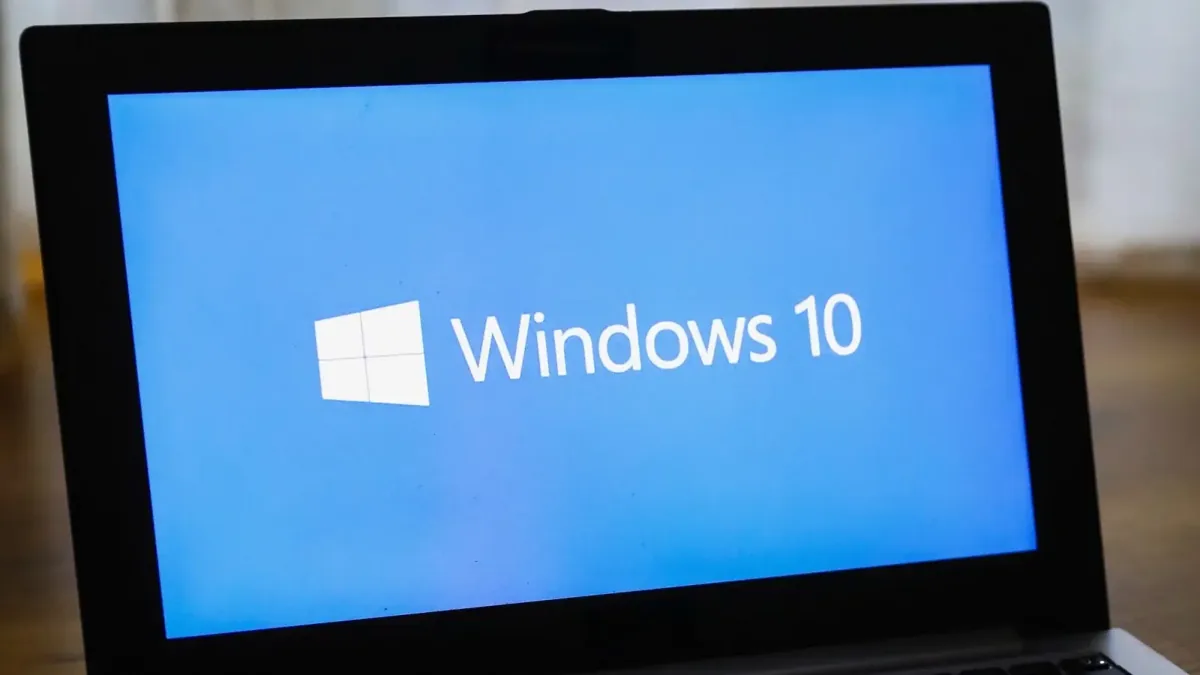
Microsoft ends support for Windows 10
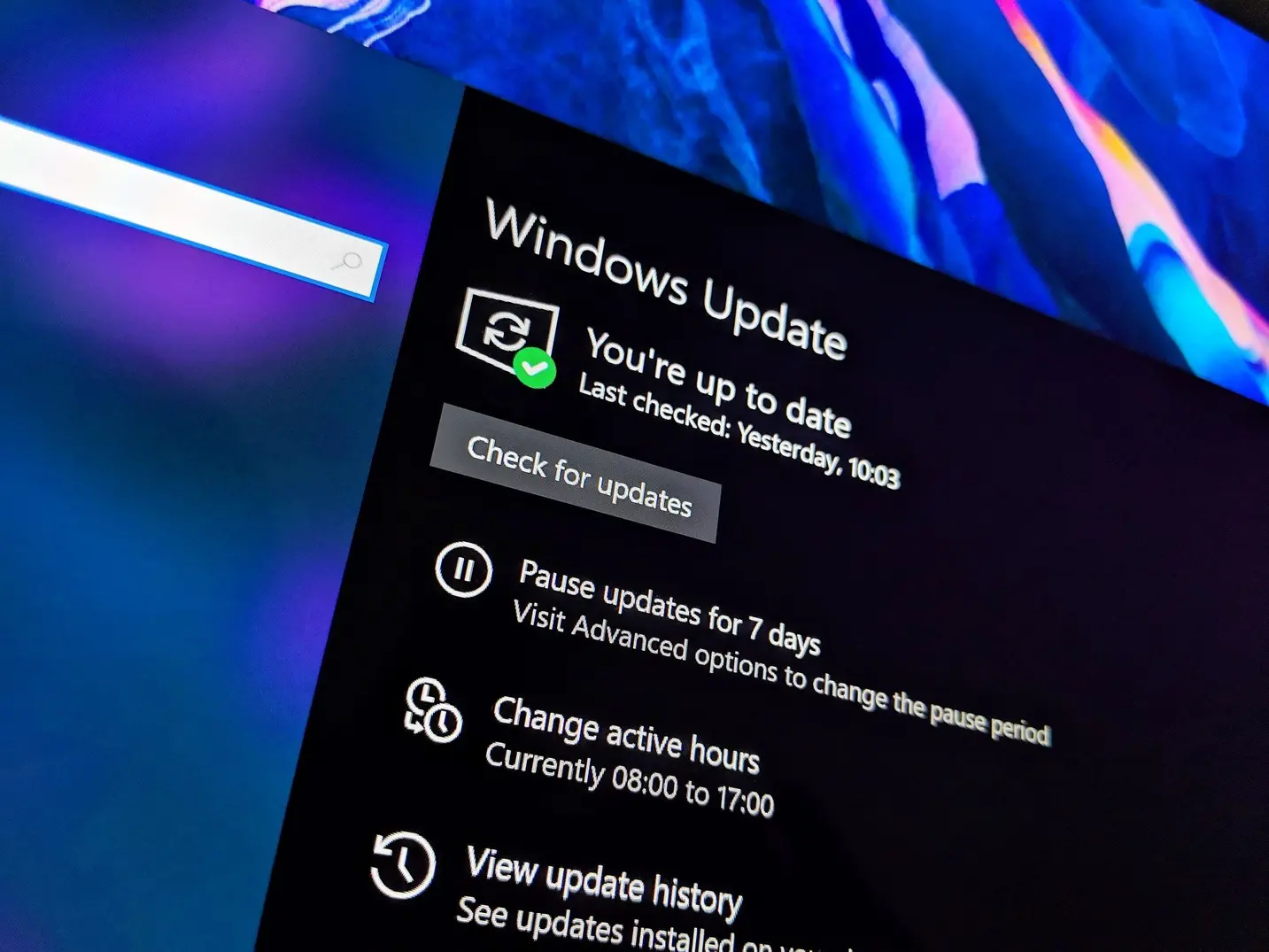
Windows 10 ESU Program Covers Multiple Devices

Windows 10 users can extend updates for free

Windows 10 ESU enrollment opens to millions

Windows 10 end of life prompts new upgrade choices

Windows 10 end of support approaching
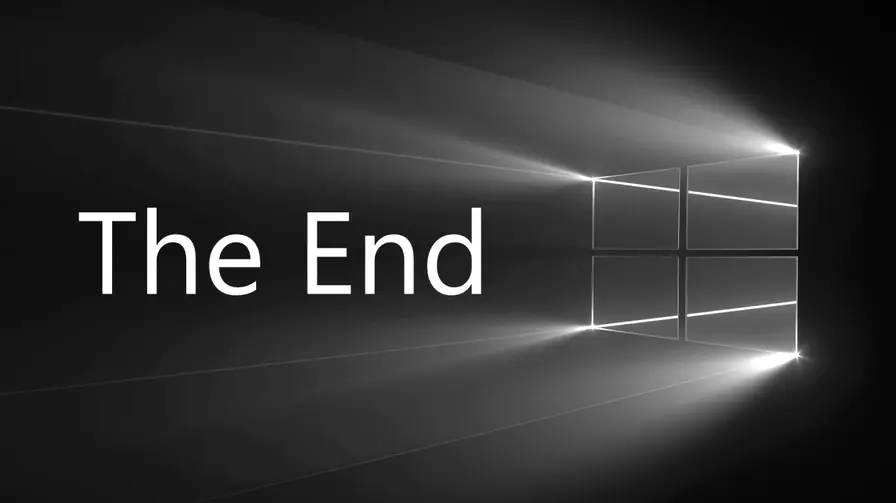
Windows 10 support ending soon
